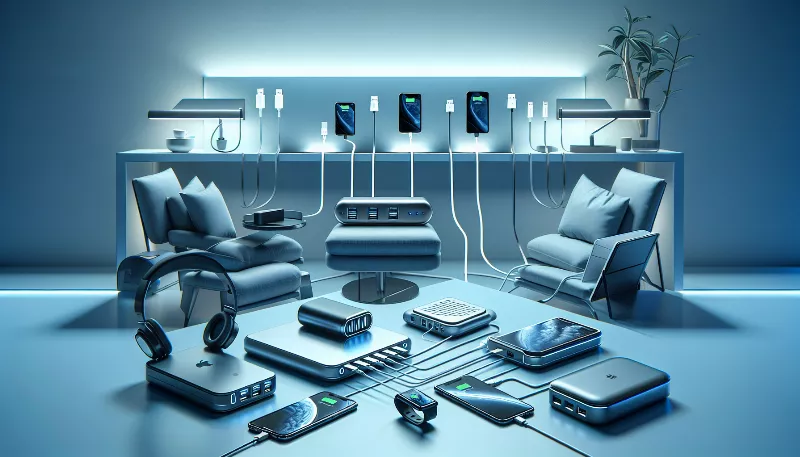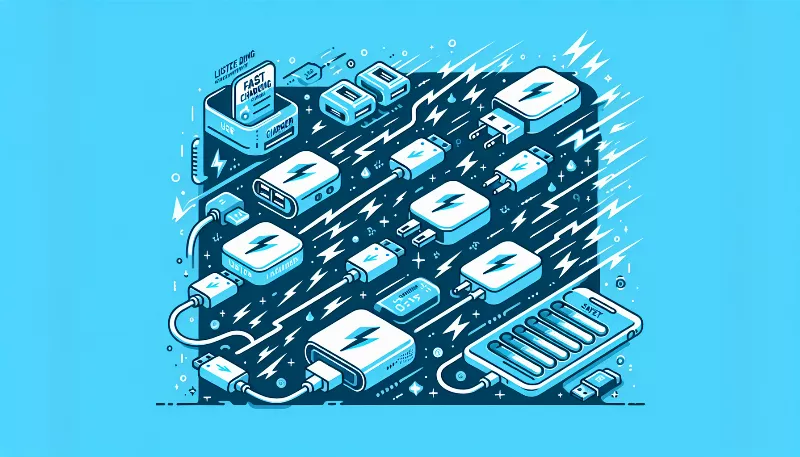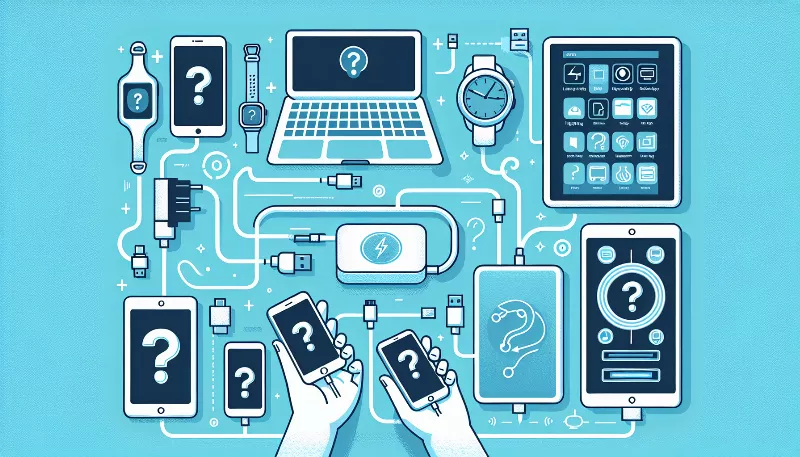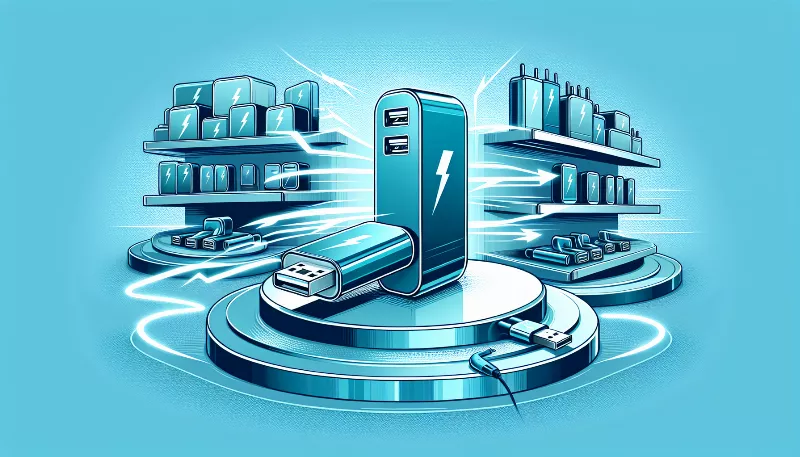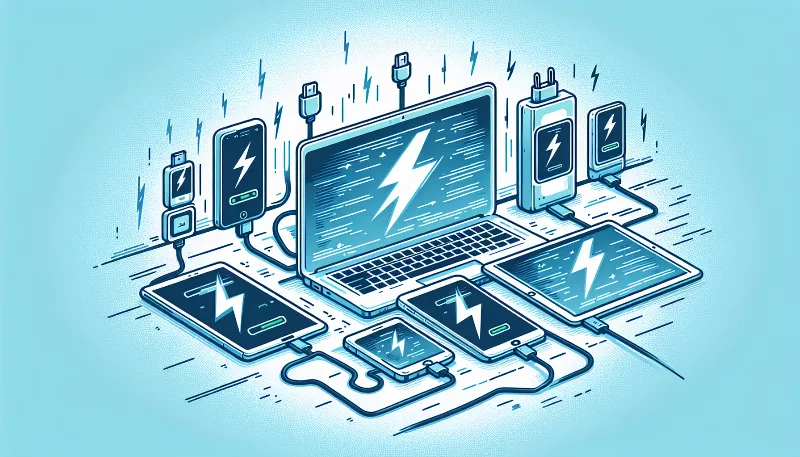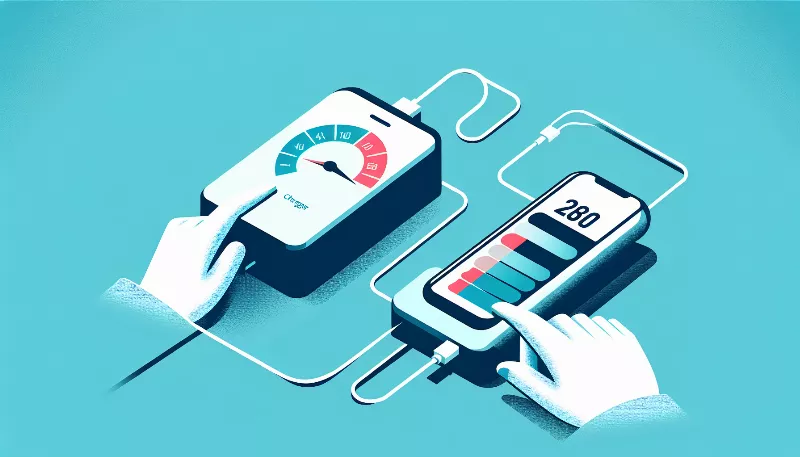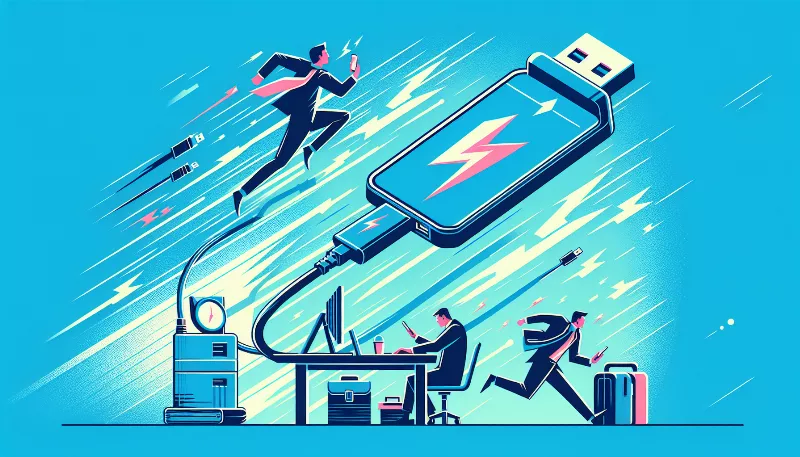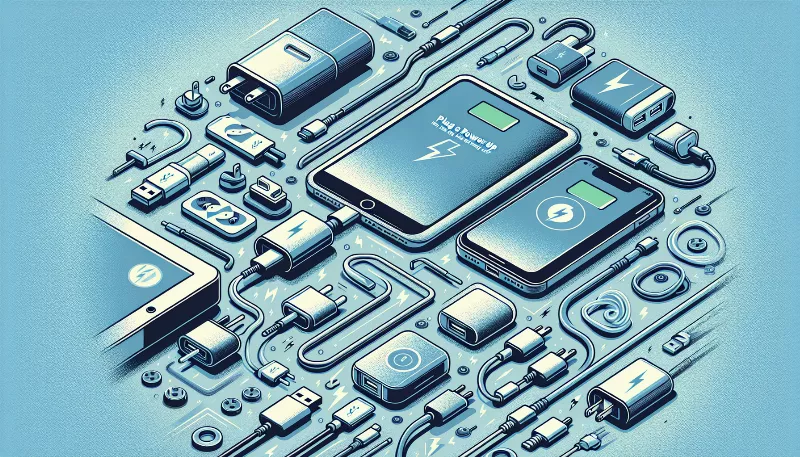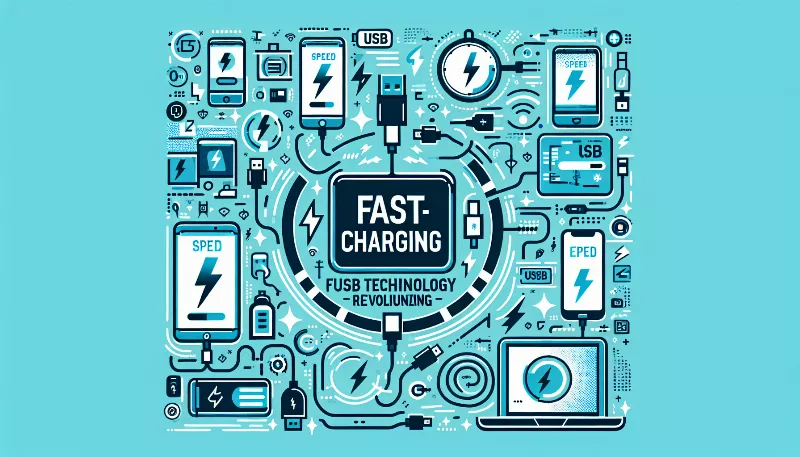Can you use any USB charger with any device, or are there specific compatibility issues to consider?
Discover if your USB charger fits all devices. Learn about compatibility, power requirements & avoid damage. Find the perfect match for your gadgets!
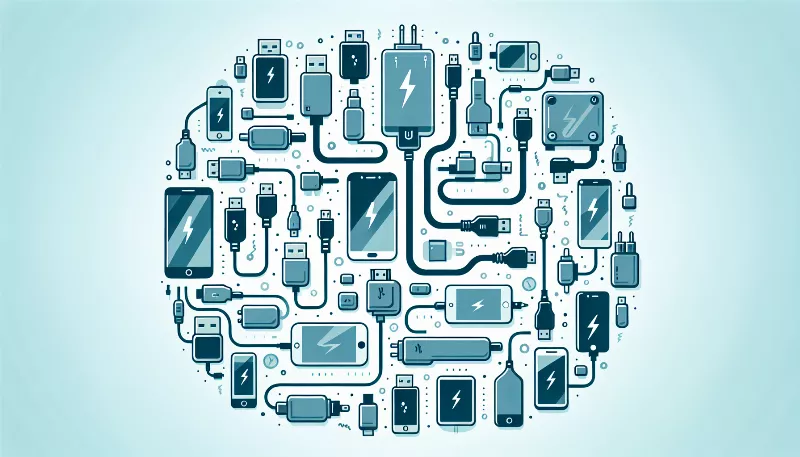
Understanding the USB Universe
When it comes to charging our beloved gadgets, we often reach for the nearest USB charger with a sense of blind faith. But hold on! Can you really use any USB charger with any device? The short answer is: not always. There's a fascinating world of compatibility issues to consider before you plug in and power up. Let's dive into the electrifying details of USB chargers and ensure your devices stay happy and healthy!
The Voltage and Amperage Equation
First things first, let's talk about voltage and amperage. These two are like the dynamic duo of electricity, determining how much power your device will receive. Most USB chargers output the standard 5 volts, but the amperage can vary. Devices have their own specific power requirements, and using a charger with too low an amperage can lead to slow charging times, while too high could potentially damage your device. Always check your device's specifications against the charger's output to avoid any power struggles!
USB Connector Types: More Than Meets the Eye
USB connectors come in various shapes and sizes, from the classic USB-A to the newer, reversible USB-C. Each type has its own set of capabilities and compatibilities. For instance, USB-C supports faster data transfer and charging speeds, but plugging it into a device that only accepts USB-A won't work without an adapter. It's essential to match the connector type to your device to ensure a successful connection.
Fast Charging Protocols: Speedy by Nature
Many modern devices support fast charging, but this feature often requires a specific charger or cable that can handle higher wattages. Using a regular charger on a fast-charging-capable device might mean you're missing out on that swift power boost. Moreover, some brands have proprietary fast charging technologies, so using a charger from another manufacturer may not give you the full speed advantage.
Cable Quality and Length: The Unsung Heroes
The quality and length of your USB cable can also impact charging efficiency. Poor quality cables may not carry the required current safely, leading to potential hazards or reduced charging performance. Additionally, longer cables can experience a drop in voltage over their length, which can affect charging times. Investing in high-quality, appropriately sized cables can make a significant difference in your charging experience.
Smart Chips and Communication: A Secret Dialogue
Some chargers and devices communicate through smart chips that negotiate the optimal charging speed. If the charger doesn't have the right chip or protocol to communicate with your device, it might not charge as efficiently as it could. This is particularly important for devices that require a specific communication protocol to charge correctly.
Conclusion: A Match Made in Tech Heaven
In conclusion, while it's tempting to think that any USB charger will do the trick, the reality is that compatibility matters. Paying attention to voltage, amperage, connector types, fast charging protocols, cable quality, and communication protocols will ensure that you're giving your device the love it deserves. So next time you reach for that random charger in your drawer, take a moment to consider if it's truly the best match for your tech companion. Happy charging!

